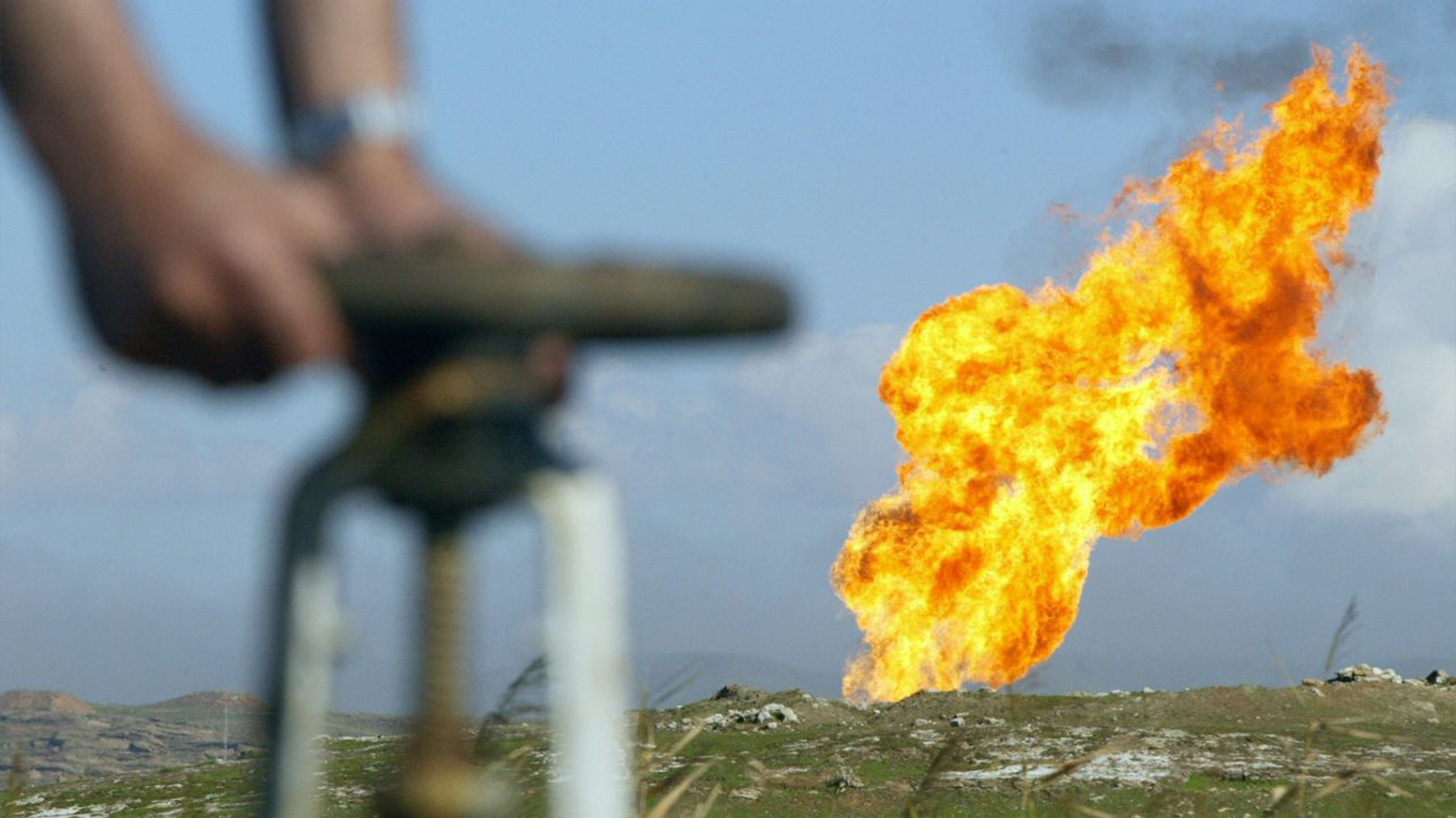Kurdistan Region's Oil Exports Near Resumption
Ali Shaddad al-Faris, an MP from Basra and a member of the Oil and Gas Committee, confirmed that no obstacles remain to restart the oil flow. “According to the budget amendment, the amount to be sent from the region is between 300,000 to 325,000 barrels of oil per day,” he stated.

ERBIL (Kurdistan24) – All preparations for resuming the Kurdistan Region’s oil exports to Turkey’s Ceyhan port have been completed, according to an announcement by a member of the Iraqi Parliament’s Oil and Gas Committee.
The long-awaited move comes after almost two years of suspension, which has cost the Iraqi government billions in revenue losses.
Ali Shaddad al-Faris, an MP from Basra and a member of the Oil and Gas Committee, confirmed that no obstacles remain to restart the oil flow. “According to the budget amendment, the amount to be sent from the region is between 300,000 to 325,000 barrels of oil per day,” he stated.
Additionally, al-Faris revealed that the Kurdistan Regional Government (KRG) has requested an increase in the amount of oil used for domestic consumption, seeking an expansion from 45,000 barrels per day to 110,000 barrels per day.
Iraq’s Oil Minister, Hayan Abdul Ghani, announced last Friday that the Federal Oil Marketing Company (SOMO) would initially sell 185,000 barrels of Kurdistan Region oil per day through Turkey’s Ceyhan port. This figure is expected to gradually rise until it aligns with the quota specified in the federal budget.
Read More: Iraq to Announce Resumption of Kurdistan Oil Exports in the Coming Hours, Confirms Oil Minister
The decision marks a significant development after prolonged disputes over oil revenue-sharing between the Kurdistan Regional Government and Baghdad. Since March 2023, exports have been halted following an international arbitration court ruling in Paris, which favored the Iraqi federal government in its legal battle over oil export rights.
The suspension of exports has resulted in an estimated loss of over $21 billion for Iraq’s treasury, underscoring the economic urgency of restoring Kurdish oil sales.
US-Iraq Talks and Diplomatic Pressure
The resumption of oil exports has been a key issue in recent U.S.-Iraq diplomatic discussions.
Last Tuesday, U.S. Secretary of State Marco Rubio spoke with Iraqi Prime Minister Mohammed Shi’a al-Sudani, marking their first official conversation. According to statements from both governments, the meeting was productive, addressing a range of issues, including the Iraq-Turkey pipeline.
Read More: Rubio, Sudani Agree on Resumption of Kurdish Oil Exports in Cordial Exchange
On Friday, Reuters reported that the Trump administration has been pressuring Baghdad to allow the restart of Kurdish oil exports as part of Washington’s broader "maximum pressure" campaign on Iran. The U.S. sees Kurdistan’s oil exports as a strategic economic lever, and Secretary Rubio specifically raised the issue with Prime Minister Sudani.
Read More: U.S. Pressures Iraq to Resume Kurdish Oil Exports Amid Sanctions on Iran
Tammy Bruce, the U.S. State Department spokesperson, stated that both leaders agreed on the importance of reopening the Iraq-Turkey Pipeline "as quickly as possible." The involvement of Washington further underscores the geopolitical importance of Kurdish oil exports and the role they play in regional energy dynamics.
Economic and Political Implications
The restoration of oil exports is expected to ease financial strains on both Erbil and Baghdad. The KRG relies heavily on oil revenue to sustain its economy, and the prolonged suspension has exacerbated budgetary challenges, including delays in public sector salaries. Meanwhile, Baghdad seeks to recover billions in lost revenue and stabilize its economic outlook.
However, broader negotiations between the KRG and Iraq’s federal government remain ongoing, particularly regarding revenue-sharing mechanisms and long-term agreements on oil production rights.
As preparations are finalized and the first shipments of Kurdish oil are set to flow once again, all eyes will be on how efficiently the resumption process unfolds and whether it signals a more stable economic and political relationship between Erbil and Baghdad.